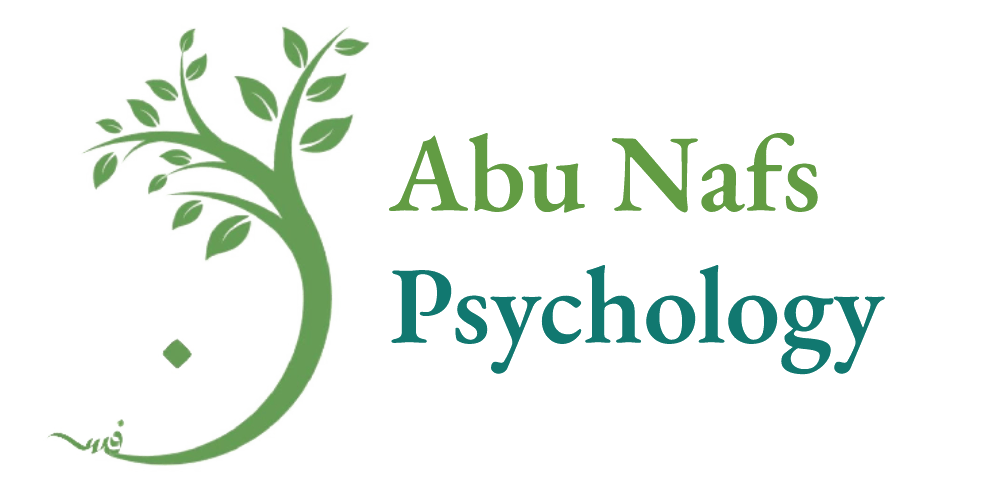ADHD In Women: The experience of living with ADHD is as diverse as the individuals who navigate its intricacies. For women with ADHD, the path can be particularly complex, often shrouded in societal expectations and misconceptions.
This uncovers the distinctive challenges faced by women with ADHD, from the impact of societal norms to the influence of hormonal changes on symptoms.
By shedding light on these hidden struggles, we aim to foster understanding, compassion, and empowerment.
The Masked Reality: Societal Expectations and ADHD
1. The “Perfect Woman” Myth:
- Challenge: Women are often expected to effortlessly juggle multiple roles, from caretaker to career professional, which can be especially challenging for those with ADHD.
2. Camouflaging and Masking:
- Challenge: Many women with ADHD become adept at concealing their struggles, leading to delayed diagnosis and potentially exacerbating their challenges.
3. Internalized Stigma:
- Challenge: Society’s perception of ADHD can lead to feelings of inadequacy or self-doubt, impacting self-esteem and mental health.
Misdiagnosis: Navigating the Diagnostic Maze
1. Inattentive Presentation:
- Challenge: Women with ADHD often exhibit predominantly inattentive symptoms, which can be overlooked or misattributed to other factors.
2. Co-occurring Conditions:
- Challenge: Conditions like anxiety and depression can mask or mimic ADHD symptoms, leading to a complex diagnostic process.
3. Late Diagnosis:
- Challenge: Many women receive an ADHD diagnosis later in life, after years of struggling and feeling misunderstood.
The Hormonal Influence: Understanding ADHD and Menstrual Cycle
1. Fluctuating Hormones and Symptom Intensity:
- Impact: Hormonal changes during the menstrual cycle can affect ADHD symptoms, with some women experiencing heightened challenges during certain phases.
2. Medication Considerations:
- Consideration: Medication effectiveness may vary across the menstrual cycle, necessitating individualized treatment approaches.
Strategies for Empowerment
1. Self-Advocacy:
- Tip: Advocate for yourself in seeking an accurate diagnosis and individualized treatment plan that addresses your unique needs.
2. Embrace Neurodiversity:
- Tip: Recognize ADHD as a part of your unique identity, with its own strengths and challenges.
3. Seek Support and Community:
- Tip: Connect with others who share similar experiences through support groups or online communities to foster understanding and camaraderie.
4. Practice Self-compassion:
- Tip: Be kind to yourself and acknowledge your achievements and strengths, no matter the pace or path.
Breaking the Silence, Shaping the Future
By shedding light on the hidden struggles of women with ADHD, we strive to foster a more inclusive, understanding, and supportive society. Through empathy, education, and empowerment, we can create a world where every woman with ADHD can thrive on her own terms.

